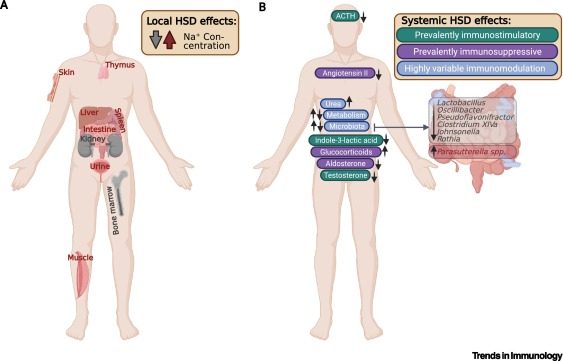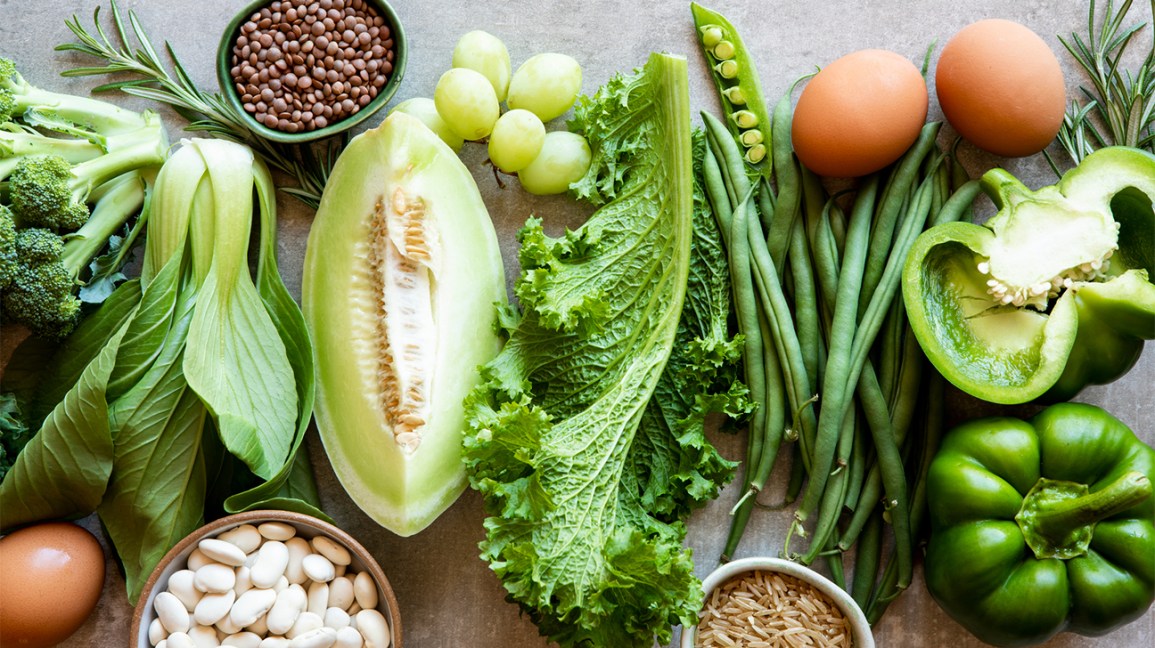
It is possible to have a healthy diet without animal products and still get the recommended nutrients. There are some things you should consider before changing to a vegan diet. It is necessary to replace nutrients that are not found in animal products with other sources. These nutrients can easily be replaced by eating plant-based meals or by taking a nutritional supplement. A dietitian may be able to recommend suitable foods for replacing them.
They lower the risk of 15 major causes of death
The world's most deadly killer, cardiovascular disease is responsible for 17.9 Million deaths annually. Many studies have shown that vegetarians and vegans are less likely to develop this disease. CHD is less likely to be diagnosed in vegetarians and vegans than it was in meat-eaters. These people had approximately 10 fewer CHD cases per 1000 than those who ate meat. Multiple studies done by the Pan-European EPIC Cohort showed that there was a reduction of CVD risk among meat-eaters.
A study published in Nature Communications recently found that vegans can reduce their risk of having an ischemic attack by 20%. Study participants included 15,000 individuals who suffered from either a hemorhagic stroke, or a stroke that caused blood vessels to blockage in the brain. These findings are encouraging, but further research is needed to confirm them.

They are environmentally friendly
Research has shown that veganism is better for the environment than eating meat. Consuming meat can lead to greater greenhouse gas emissions and deforestation. For the production of beef, chicken, or other livestock, land is used that could otherwise be used to grow fruit and vegetables. The livestock sector is destructive of our planet and depletes the soil's nutrients. This leads to habitat loss and deforestation.
It's not surprising that vegans are on the rise by 160 per cent in the last decade. Think about where your food is coming from and how it was produced. Most meat comes from faraway places, but vegan food can be grown locally in many locations. For instance, mangoes or pomegranates can be found in India. Lentils, beans and beans that are grown in Canada, Brazil and other countries can also be bought. Local farms are better for the environment that imports.
These are simple to convert to
You can make a simple switch to a plant-based diet by following these steps. Read ingredient labels carefully and only purchase products that are made with natural ingredients. Pay attention to ingredients such as carmine, red 4 and confectioner’s glazing, as they are all made from animal products. Some companies will even label their products as vegan at or near the beginning of the ingredient list.
You should start slow. Don't try to make every meal an exquisite masterpiece. Transitioning to a vegan diet can be easy if you approach it day by day, meal by meal. To make it easier, try not to feel overwhelmed and stick to one meal per week for a few weeks until you get used to your new lifestyle.

They promote humane treatment of animals
It is possible to be a vegan and promote humane treatment. You can help decrease demand by refusing the purchase and consumption of animal products. This means that less animals are being bred or killed in farms and factories. Every year, more than one billion animals in the UK are raised for food. These animals are frequently raised in factory farms, and many of them are killed after only a few weeks or months.
The philosophy of veganism is based on the belief that using animals for human purposes is cruel and unjust, and that a person of conscience should refrain from doing so. A vegan is someone who vows not to eat, wear, or use animal products. Vegans are also conscientious objectors to violence against animals.
FAQ
What is the problem in BMI?
BMI stands for Body Mass Index. This is a measure of body fat that is calculated based on height or weight. The following formula is used to calculate BMI:
The weight of a kilogram divided by its squared height in meters.
The result can be expressed in a number between 0 to 25. Scores between 0 and 25 indicate obesity. Scores higher than 18.5 are considered overweight. Scores higher than 23 are considered obese.
A person with a body mass index of 22 and a weight of 100 kg and a height 1.75m will have a BMI.
What are 10 healthy behaviors?
-
Eat breakfast every day.
-
Don't skip meals.
-
Maintain a balanced diet.
-
Get lots of water.
-
Take good care of your body.
-
Get enough sleep.
-
Avoid junk food.
-
Daily exercise
-
Have fun
-
Make new friends
Why should we live a healthy existence?
A healthy lifestyle will help us live longer and happier lives. A healthy diet, regular exercise, good sleep habits, and stress management will help prevent diseases like heart disease, diabetes, cancer, and stroke.
A healthy lifestyle can also help improve mental health and make it easier to deal with everyday stressors. A healthy lifestyle will help you feel more confident and younger.
Increase immunity with herbs or supplements
Natural remedies and herbs can be used to increase immune function. There are many natural remedies that can boost immunity, including echinacea (oregano), ginger, ginkgo biloba and vitamin C.
These herbal remedies are not meant to replace medical treatment. These herbal remedies can cause nausea, diarrhea and stomach cramps. They can also cause dizziness, headaches, dizziness, allergic reactions, and stomach pains.
How do I get enough vitamins for my body?
Most of your daily vitamin requirements can be met by diet alone. Supplements may be necessary if you are not getting enough of a particular vitamin. Multivitamin supplements can be taken that contain all the vitamins you need. You can also get individual vitamins at your local drugstore.
Talk to your doctor about the best foods for vitamins if you're concerned about not getting enough nutrients. Some examples of rich sources of vitamins E and K include dark green leafy vegetables, such as spinach.
Ask your doctor for advice if you are unsure how much vitamin to take. Your medical history and your current health status will help you determine the best dosage.
Does being cold give you a weak immune system?
It's been said that there are two kinds of people in the world; those who love winter and those who hate it. It doesn't matter if you love it or not, it is possible to wonder why it makes you feel so miserable when it gets cold outside.
The answer lies in the fact that our bodies are designed to function best during warm weather. Hot climates are where our food sources are most plentiful, and we evolved to thrive there.
But now we live in an environment that is very different from how our ancestors lived. We spend more time indoors, are often exposed at extreme temperatures (cold and hot), and eat processed food rather than fresh.
Our bodies aren’t accustomed to extreme temperatures anymore. When we venture out, our bodies are unable to handle the extremes. This leaves us feeling exhausted, sluggish, or even sick.
There are some ways to reduce these side effects. The best way to avoid these problems is to ensure that your body stays hydrated throughout the day. Drinking plenty of water will help you keep your body hydrated and flush out toxins.
Another important step is to ensure that you're eating healthy meals. The best way to maintain your body's optimal temperature is by eating nutritious food. This is especially true for those who spend extended periods of time indoors.
Finally, consider taking a few minutes each morning to meditate. Meditation is a great way to relax your body and mind. It makes it easier for you to cope with stress and illness.
Statistics
- The Dietary Guidelines for Americans recommend keeping added sugar intake below 10% of your daily calorie intake, while the World Health Organization recommends slashing added sugars to 5% or less of your daily calories for optimal health (59Trusted (healthline.com)
- This article received 11 testimonials and 86% of readers who voted found it helpful, earning it our reader-approved status. (wikihow.com)
- WHO recommends consuming less than 5% of total energy intake for additional health benefits. (who.int)
- Extra virgin olive oil may benefit heart health, as people who consume it have a lower risk for dying from heart attacks and strokes according to some evidence (57Trusted Source (healthline.com)
External Links
How To
10 tips for a healthy lifestyle
How to maintain a healthy lifestyle
Our fast-paced world means that we aren't getting enough sleep, don't eat enough, drink too much alcohol, and smoke too many cigarettes. We don't properly care for our bodies.
It can be very difficult to have a healthy diet, exercise routine, and work schedule when you do so many things simultaneously. Stress makes it even more difficult. Our minds tell us we can't handle this situation any longer so we feel guilty and give in.
It is possible that your body is experiencing problems. Consult a doctor immediately to get his/her opinion on your current condition. If there's nothing abnormal, you might have stress from your job.
Some people think that they are lucky because their jobs allow them to go to gym regularly or they have some friends who help them to keep fit. Those people are lucky. They don't have problems. They control everything. I wish that everyone could be like them. Many of us aren't able to find the right balance between our personal and professional lives. Many people develop bad habits that eventually lead to disease such as diabetes, heart disease, and cancer.
These are some tips to help you improve your life.
-
You should get 7 hours of sleep per night minimum and 8 hours maximum. You should be able to sleep in a proper position and avoid caffeine the hour before you go to bed. Caffeine blocks melatonin, which can make it difficult for you to fall asleep. Also, make sure that your bedroom is clean and dark. You should use blackout curtains if possible, especially if your work is late at night.
-
Eat healthy. Have breakfast every morning. Avoid sugar products, fried foods and white breads. Try to include whole grains, fruits, and vegetables for lunch. For afternoon snacks, it is recommended to eat foods high in protein and fiber like nuts, seeds and beans, fish, dairy products, and fish. Avoid unhealthy snacks such as chips, chocolates, cookies and cakes.
-
Drink lots of water. We don't have enough. Water can help us burn more calories, keep our skin supple and young, flush out toxins and improve our digestion. Drinking six glasses of water daily will help you lose weight faster. Your urine color is the best way to determine your hydration levels. Yellow means dehydrated; orange means slightly dehydrated; pink means normal; red means overhydrated; and clear means highly-overhydrated.
-
Exercise - Regular activity can increase energy and decrease depression. Walking can be an easy way to improve your mood. Even though walking looks simple, it requires effort and concentration. Your brain needs to focus on walking while breathing slowly and deeply. A 30-minute walk for 100 to 150 calories can be burned in 30 minutes. Slowly increase the pace. Stretch after exercising to avoid injuries.
-
Positive thinking is important for mental well-being. When we think positively, we create a happy environment inside ourselves. Negative thinking can drain our energy and create anxiety. You can stay motivated by thinking about what you want to accomplish. Reduce the number of tasks you have to do in order to feel less overwhelmed. You will fail occasionally, but you can always get up and try again.
-
Learn to say no. Too many people are so busy they don't even realize how much wasted time they waste on unnecessary tasks. It is important that you learn to say no when necessary. Being polite when you say "no" does not mean that you are rude. Simply saying "No" does not mean you are rude. There will always be another way to do the job. Set boundaries. Ask someone to help. You can also delegate this task to another person.
-
Take care of your body - Keep track of your diet. You can boost your metabolism by eating healthier foods. Avoid eating anything heavy or oily as they can raise cholesterol levels. A good tip is to have three meals and two snacks daily. The recommended daily intake should be between 2000 and 2500 calories.
-
Meditate - Meditation is a great stress reliever and reduces anxiety. Your mind will relax when you sit still and close your eyes. This exercise will improve your ability to think clearly and help you make decisions. Meditation can help you become calmer and happier.
-
Do not skip breakfast. Breakfast is the most important meal of each day. Skipping breakfast can cause you to eat too much during lunch. It's never too late for a healthy breakfast, as long as it is eaten within an hour of your waking hours. Breakfast boosts energy and helps to manage hunger.
-
Make sure you eat clean food. Food has a greater impact on your mood than you realize. Avoid junk food and other food items that have artificial or preservative ingredients. These products keep your body acidic and trigger cravings. The vitamins and minerals in fruits and veggies are good for your overall health.
-
***